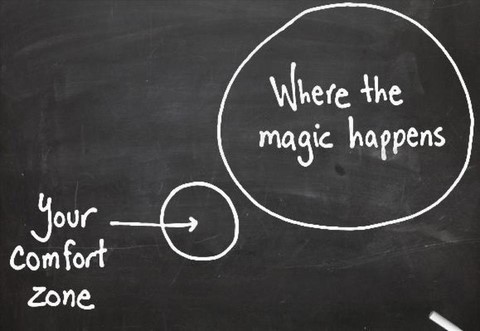HOW TO PRACTICE THE BACH CELLO SUITES?
by Marianne Dumas
The "Bach" word...
The "Bach" word...
When it gets to Bach we often face 2 emotions: joy and fear...
The Bach cello Suites are like the Himalaya mountains for us, but with growing mounts! When you think you are about to reach the top of the mountains, a higher mount appears...
Playing the Suites is a lifelong journey, a beautiful one.
No matter the level, we always feel small in front of this masterpiece but it doesn't mean we cannot take the first step of the Journey.
Be aware of your technical level and of what you think you can achieve in order to make the best of this experience.

INTERPRETATION
Ideas and suggestions
I. TEMPO & PHRASING
Choosing a tempo for the prelude does not mean choosing "the" tempo of the prelude. There is no absolute answer in music and in the art in general. Same thing for the movements of the dances.
Choose the tempo where you think the piece will sound at its best.
How to find your tempo?
SING
Free yourself of any technical problem. Singing the piece over and over is a good way to define phrasing ideas and tempo.
Think of the dance. Once you found a tempo, start thinking about phrasing. Keep in mind that besides the prelude, it is a Suite of dances. No matter if people were dancing on the Suites or not, the spirit of the dance should be there. What makes people dance together are the rhythm and the regularity of the strong beats. You can phrase and make move but don’t lose the rhythmic structure
Sing and feel the beat
Once you have a clear vision of the phrasing and tempo, you might want to consider 2 more points.
- The set up of your instrument / the acoustics of the room.
The set up of your cello and the room where you play have an influence on the choice of tempo. The speed of projection of the sound, the type of room and reverb, let your ears be your guide.
Your technical level
FLUIDITY AND ARTICULATION
- THIS IS BEAUTIFUL - this is beautiful
- this is beautiful - THIS IS BEAUTIFUL
- THIS IS BEAUTIFUL - THIS IS BEAUTIFUL
- this is beautiful - this is beautiful
- this is BEAUTIFUL - this is BEAUTIFUL
- etc.
BOWING AND FINGERINGS
BOWING AND FINGERINGS
bowings
Ideally, your bowings and fingerings should not influence your phrasing but the opposite.
Technical rubato is when you put an accent or change the tempo of the phrase because of a technical issue, not because of a musical idea. (Using a bow speed because you feel uncomfortable for example)
The sound and the resonance must be your guide.
How to find out if your phrasing is influenced by your technique?
-> Compare the phrasing you do with your cello to the one you do when you sing.
Be curious, experiment, question, doubt... there is not only one rule...
¤¤START¤¤¤¤CR¤¤¤¤CR¤¤¤¤CR¤¤¤¤CR¤¤¤¤END¤¤
Because the Suites are (for most of us) our Alma mater , we have a personal story, and an individual approach to the text.
Don't be too hard on yourself and on others...
there is no absolute truth in art
Having a clear opinion is important, it will define your interpretation, but finding your absolute truth doesn't mean it is the absolute truth. For example, it is not because I deeply believe the cello sounds better by reversing the bowing technique that I think it is the absolute truth, nor that people who don't reverse are wrong.
Stay open to discussion as well as different opinions.
> being opinionated vs being judgmental.
It can be a scary topic for a cellist since everything can be argued but discussions on the topic are very important because we can all learn from each other.
.LE MOT DE LA FIN
My personal experience...
I used to say "I will never play baroque cello" and "I will never record the Bach Cello Suites"... all in one, done!
I made this Bch project in order to share what I learn(t) during my exploration of the Suites and the baroque cello.
My love for the Suites and the cello make me search, think, rethink, explore, try, experiment, etc.
This project made me a different cellist, and person. Living with the Bach cello Suites full time preparing for the recording, the edition, the research was a life changing experience.
Things this project taught me:
- That we will never know what was the sound of the cello, that everything is interpretation... There are to many "?" in the equation, but it doesn't mean we cannot try to get close to the "what might have been" sound.
- That the only person you need to convince is yourself.
One of the answers I found during this Bach Journey...
- There is no place for the ego in the Suites.
Curious about my Journey -> clic here
Creating this website was not part of the project at first but I got to a point where I had a lot of information on my desk and my computer and I thought it would be good to share what I collected with other cellists. I will try to keep this database about the baroque cello and the Suites updated regularly (feel free to suggest things!)
Feel free to send suggestions and ideas by using the contact form to me or to the webmaster.
